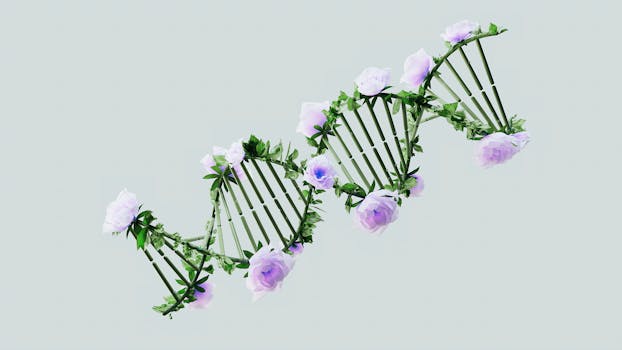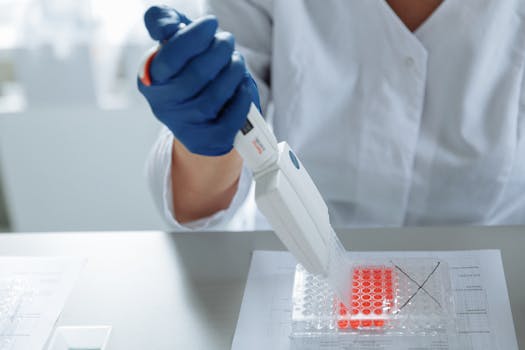
The Role of Genetics in Human Health and Disease
Introduction to Genetics and Health

The role of genetics in human health and disease is a complex and multifaceted field of study. Genetics, the study of heredity and variation, has made significant contributions to our understanding of human health and disease. The role of genetics in human health and disease is to provide a framework for understanding the underlying causes of disease and to develop effective treatments and prevention strategies.
Genetics can influence health in many ways, including by determining an individual’s risk of developing certain diseases, influencing their response to environmental factors, and affecting their overall health and well-being. In this article, we will explore the relationship between genetics and health, and how genetics can influence disease development.
Genetic Disorders and Disease

Genetic disorders are conditions caused by mutations or changes in an individual’s DNA. These mutations can be inherited from one’s parents or occur spontaneously during DNA replication. Some examples of genetic disorders include sickle cell anemia, cystic fibrosis, and Huntington’s disease.
Genetic disorders can be classified into different types, including single-gene disorders, polygenic disorders, and chromosomal disorders. Single-gene disorders are caused by a mutation in a single gene, while polygenic disorders are caused by mutations in multiple genes. Chromosomal disorders, on the other hand, are caused by changes in the number or structure of an individual’s chromosomes.
Genetic Testing and Diagnosis

Genetic testing is a type of medical test that is used to identify genetic disorders or mutations. There are several types of genetic tests, including molecular genetic tests, chromosomal genetic tests, and biochemical genetic tests.
Genetic testing can be used to diagnose genetic disorders, predict an individual’s risk of developing certain diseases, and identify genetic mutations that can be passed on to future generations. Genetic testing can also be used to develop personalized treatment plans and to monitor an individual’s response to treatment.
Conclusion

In conclusion, the role of genetics in human health and disease is a complex and multifaceted field of study. Genetics can influence health in many ways, including by determining an individual’s risk of developing certain diseases, influencing their response to environmental factors, and affecting their overall health and well-being. By understanding the relationship between genetics and health, we can develop effective treatments and prevention strategies for genetic disorders and diseases.



